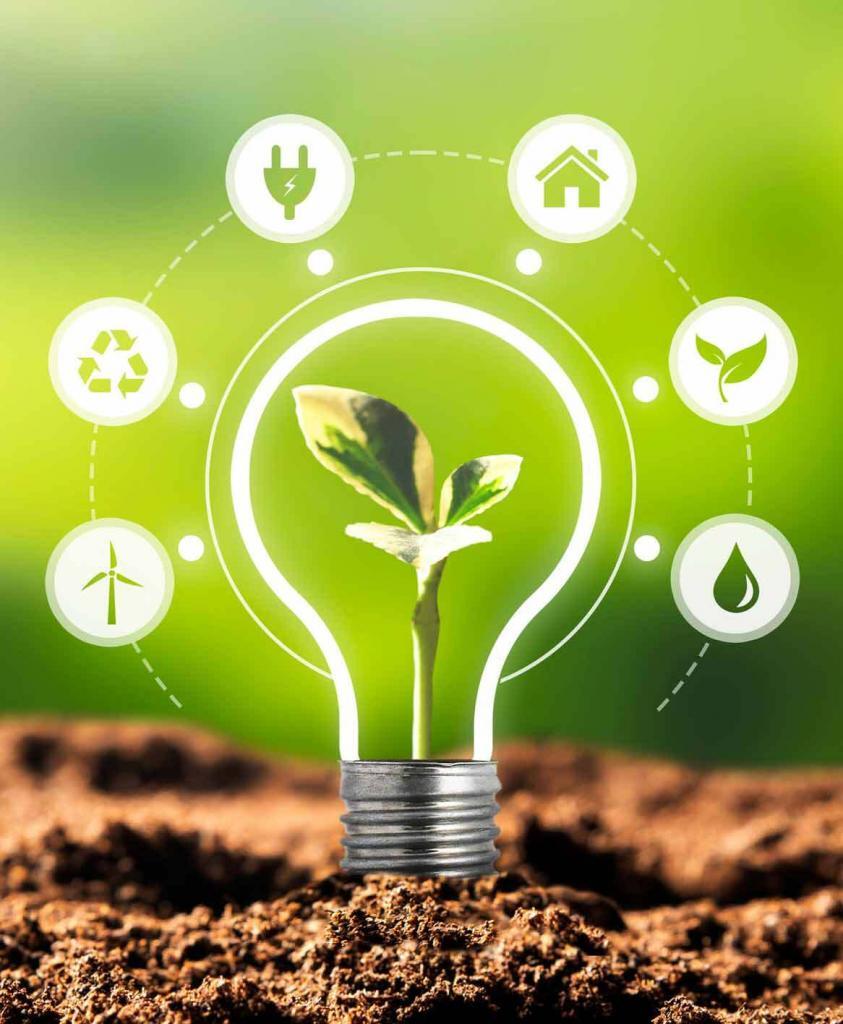
Unlocking Sustainable Comfort: A Deep Dive into HVAC Energy Efficiency
In the pursuit of sustainable living, optimizing HVAC energy efficiency is a crucial aspect that significantly impacts both environmental conservation and cost savings. Let’s explore the key strategies and technologies that contribute to creating a more energy-efficient and comfortable home.
Understanding HVAC Energy Efficiency: The Basics
At the core of HVAC energy efficiency lies the principle of achieving maximum comfort with minimal energy consumption. This involves a holistic approach, considering the performance of heating, ventilation, and air conditioning systems collectively. From the insulation of your home to the type of HVAC equipment you use, each component plays a role in the overall energy efficiency equation.
Smart Thermostats: Precision Control for Reduced Consumption
One of the most impactful advancements in HVAC energy efficiency is the integration of smart thermostats. These devices go beyond traditional temperature control by learning and adapting to your preferences. With features like scheduling and remote access, smart thermostats optimize your HVAC system’s operation, ensuring it only works when necessary and at energy-efficient levels.
Energy-Efficient HVAC Systems: Investing in the Future
Upgrading to energy-efficient HVAC systems is a significant step towards sustainable comfort. Modern systems often come with advanced technologies, such as variable-speed compressors and improved heat exchangers, maximizing performance while minimizing energy consumption. Although the initial investment may be higher, the long-term energy savings make it a worthwhile and environmentally conscious choice.
Regular Maintenance: Preserving Efficiency Over Time
Maintaining HVAC equipment is essential for preserving energy efficiency. Regular inspections, filter replacements, and cleaning ensure that the system operates optimally. Neglecting maintenance can lead to decreased efficiency, increased energy consumption, and potentially costly repairs. By staying proactive, homeowners can extend the lifespan of their HVAC systems and minimize their environmental impact.
Duct Sealing and Insulation: Minimizing Energy Loss
The efficiency of your HVAC system is closely tied to the condition of its ductwork. Leaks, poor insulation, and inadequate sealing can result in significant energy losses. Professional duct sealing and insulation improve the overall efficiency of your system, preventing heated or cooled air from escaping, and reducing the workload on your HVAC equipment.
Programmable Zoning: Targeted Comfort, Lower Consumption
Programmable zoning takes HVAC energy efficiency to the next level by allowing you to customize the climate in different areas of your home. By dividing your living space into zones with individual temperature controls, you can direct conditioned air only where needed. This targeted approach minimizes energy waste and enhances overall efficiency.
Advanced Ventilation Systems: Balancing Fresh Air and Efficiency
Balancing indoor air quality with energy efficiency is achievable with advanced ventilation systems. These systems exchange stale indoor air with fresh outdoor air while recovering the energy used for heating or cooling. By incorporating advanced ventilation, homeowners can enjoy improved air quality without compromising the energy efficiency of their HVAC systems.
Smart Energy Management: Integration for Total Control
The integration of smart energy management systems allows homeowners to monitor and control their HVAC systems, lighting, and other energy-consuming devices from a centralized platform. This level of integration ensures that energy consumption is optimized across various aspects of home living, contributing to a holistic approach to sustainability.
Energy Star Certification: Identifying Efficient Products
When selecting HVAC equipment, look for the Energy Star label. Energy Star-certified products meet or exceed strict energy efficiency guidelines set by the U.S. Environmental Protection Agency. Choosing Energy Star-rated HVAC systems and components ensures that you are investing in equipment that prioritizes energy efficiency and environmental responsibility.
Educational Outreach: Empowering Informed Choices
Empowering homeowners with knowledge about HVAC energy efficiency is crucial for widespread adoption of sustainable practices. Educational outreach, whether through online resources, community workshops, or collaboration with HVAC professionals, helps homeowners make informed choices that align with their values and contribute to a more sustainable future.
For more information on optimizing HVAC energy efficiency and creating a sustainable home, visit HVAC Energy Efficiency.
In conclusion, optimizing HVAC energy efficiency is a multifaceted endeavor that involves smart technologies, equipment upgrades, regular maintenance, and informed decision-making. By embracing these strategies, homeowners can enjoy sustainable comfort while minimizing their environmental footprint and realizing long-term cost savings.

